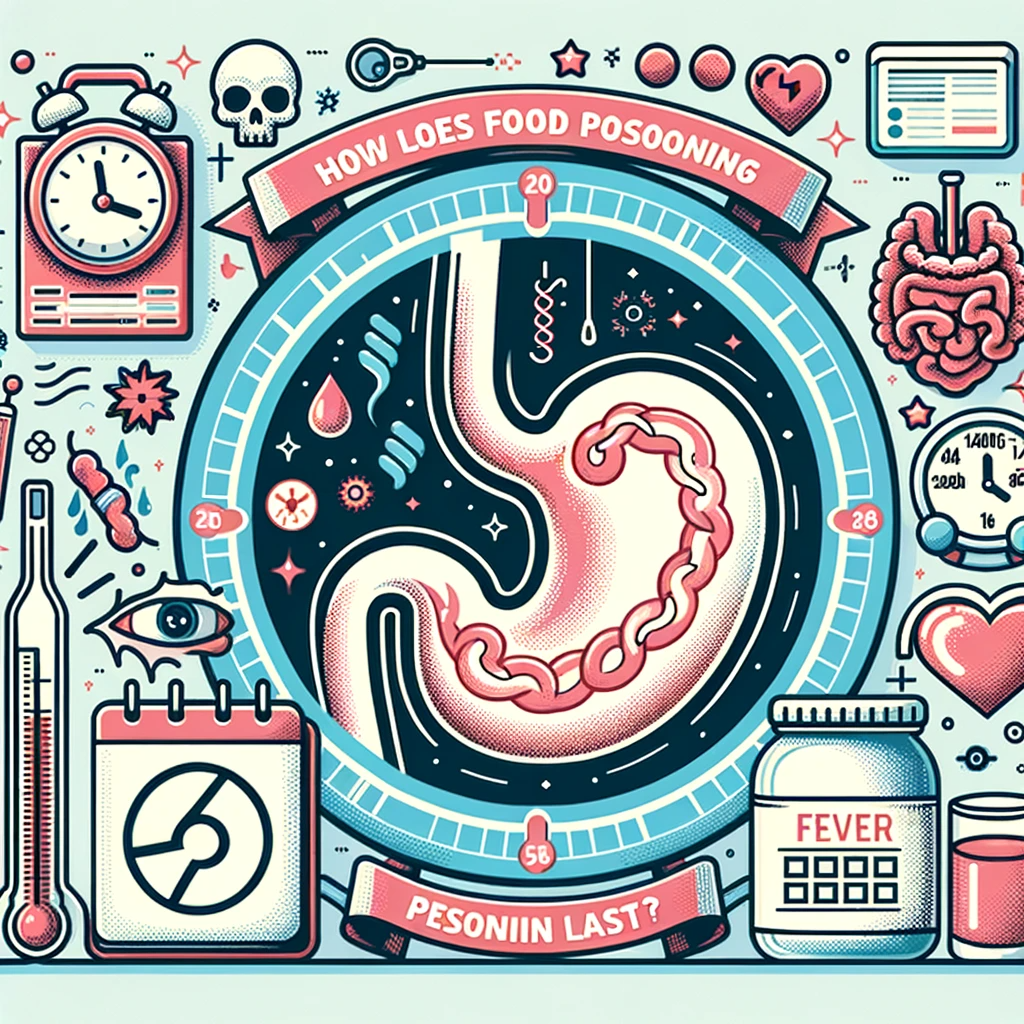Living with diabetes means constantly balancing your blood sugar (glucose) levels. One of the challenges many people with diabetes face is understanding why these levels fluctuate. This article aims to demystify the factors that affect blood sugar levels and provide insights into managing them more effectively.
Understanding Blood Sugar Fluctuations
Blood sugar levels fluctuate throughout the day based on various factors. These include food intake, physical activity, medications, stress, illness, hormonal changes, and more. Understanding these factors can help you manage your diabetes more effectively.
1. Dietary Impact
- Carbohydrate Intake: Carbohydrates have the most significant impact on blood sugar. Foods high in carbs can cause spikes, especially if they are simple carbohydrates like sugar and white bread.
- Meal Size and Frequency: Large meals can cause higher blood sugar spikes. Eating smaller, more frequent meals can help keep levels more stable.
- Alcohol Consumption: Alcohol can lead to either high or low blood sugar, depending on the amount consumed and if it’s taken with food.
2. Physical Activity
Exercise is essential for diabetes management as it increases insulin sensitivity and helps the body use glucose more effectively. However, the type of exercise and its intensity can cause different responses:
- Aerobic Exercise: Tends to lower blood sugar.
- Anaerobic Exercise: Can sometimes raise blood sugar temporarily.
3. Medications
Insulin and other diabetes medications are designed to lower blood sugar, but dosing needs to be aligned with other factors like diet and activity level. Taking too much or too little medication can result in significant fluctuations.
4. Stress and Emotions
Stress, whether physical or emotional, can impact blood sugar levels. The body’s response to stress can cause blood sugar to either spike or drop.
5. Hormonal Changes
Hormones, especially during puberty, menstruation, pregnancy, and menopause, can affect blood glucose levels. It’s important to monitor and adjust your management plan during these times.
Monitoring is Key
- Regular Testing: Frequent blood sugar testing can help you understand how your body reacts to different activities and foods.
- Continuous Glucose Monitoring (CGM): CGM systems offer a more comprehensive view of your glucose trends over time.
Tips for Managing Fluctuations
- Maintain a Balanced Diet: Focus on a diet high in fiber, low in simple carbohydrates.
- Stay Active: Regular physical activity can help maintain stable blood sugar levels.
- Manage Stress: Practice stress-reduction techniques like meditation, yoga, or deep breathing exercises.
- Work with Your Healthcare Team: Regular check-ups can help tailor your diabetes management plan.
Conclusion
Blood sugar fluctuations are a normal part of life with diabetes, but understanding and managing these variations can lead to better control and a healthier life. Paying attention to your body’s cues and maintaining a balanced lifestyle are key to managing diabetes effectively.





